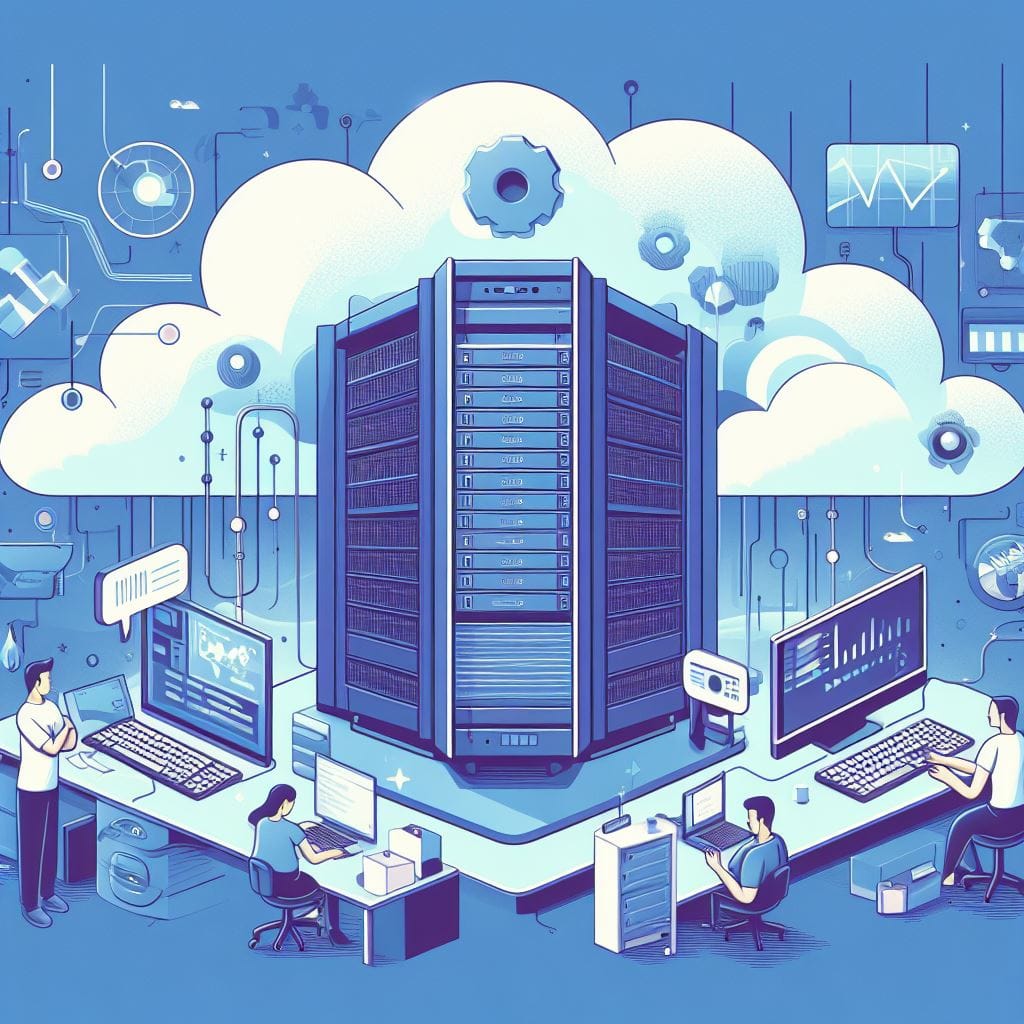The Role of Software Firewalls in Enhancing Dedicated Server Security

Software firewalls play a crucial role in enhancing the security of dedicated servers. They act as a barrier between your server and potentially harmful traffic from the internet or other networks. Here are some key aspects of how software firewalls contribute to dedicated server security:
- Packet Filtering: Firewalls inspect packets of data that attempt to enter or leave the server. They analyze information like source and destination IP addresses, ports, and protocols. By setting rules, you can allow or deny specific types of traffic. This helps in blocking unauthorized access attempts.
- Intrusion Prevention: Firewalls can be configured to detect and prevent certain types of network-based attacks, such as port scanning, DDoS attacks, and other suspicious activities. They can monitor traffic patterns and take action when anomalies are detected.
- Application-Level Filtering: Some firewalls can operate at the application layer of the OSI model, which means they can understand the content of the data packets. This allows them to filter based on the specific applications or services that are trying to communicate.
- Protection from Malware and Viruses: Firewalls often include features for detecting and blocking known malware, viruses, and other malicious software. They can prevent infected files from entering the server.
- Virtual Private Network (VPN) Support: Many firewalls have VPN capabilities, allowing you to establish secure connections to remote networks or users. This is especially important for securing communication over public networks like the internet.
- Logging and Auditing: Firewalls keep detailed logs of network traffic. This information is crucial for identifying and investigating security incidents, as well as for compliance with regulatory requirements.
- Policy Enforcement: You can use firewalls to enforce security policies across the network. For instance, you can restrict certain types of traffic, implement content filtering, and enforce encryption protocols.
- User Authentication: Some firewalls support user authentication, requiring individuals to verify their identity before accessing specific resources. This adds an extra layer of security, particularly in environments with multiple users.
- Adaptive Security Policies: Modern firewalls can dynamically adjust their security policies based on the current threat landscape. They can respond to emerging threats in real-time, providing a more adaptive and proactive defense.
- Updates and Patch Management: Keeping the firewall software up-to-date is crucial for maintaining security. Developers frequently release updates to address vulnerabilities and improve overall performance.
- Failover and Redundancy: Many enterprise-grade firewalls offer failover and redundancy options. In case of a hardware failure or network disruption, the firewall can automatically switch to a backup system to maintain continuous protection.
- Integration with Security Ecosystem: Firewalls can be integrated with other security solutions, such as intrusion detection systems (IDS), intrusion prevention systems (IPS), and antivirus software. This creates a multi-layered security approach.
In summary, software firewalls are a critical component of dedicated server security. They provide a barrier against unauthorized access, detect and prevent network-based attacks, filter malicious traffic, and help enforce security policies. When properly configured and maintained, they significantly enhance the overall security posture of a dedicated server.



